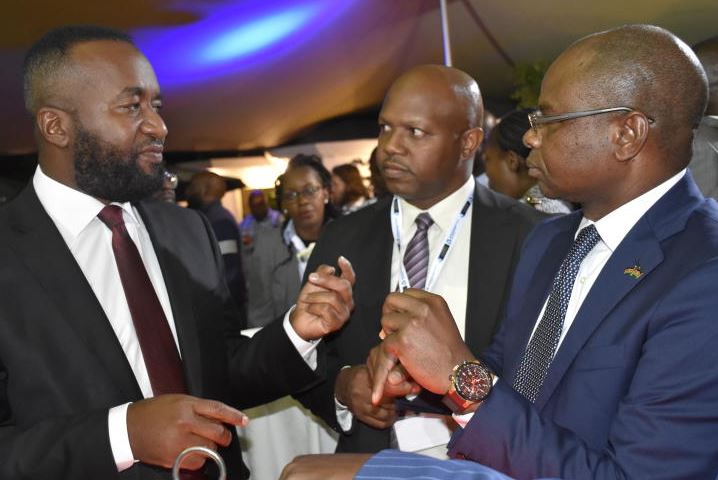×
The Standard e-Paper
Kenya’s Boldest Voice

Kilifi Governor Amason Kingi (R) with Mombasa Governor Ali Hassan Joho (L). [David Njaaga, Standard]
Factional politics and supremacy wars have stalled efforts of the Jumuiya ya Kaunti za Pwani (JKP) established to scale up economic development of the Coast region.